Keywords: Damage
There are more than 200 results, only the first 200 are displayed here.
-
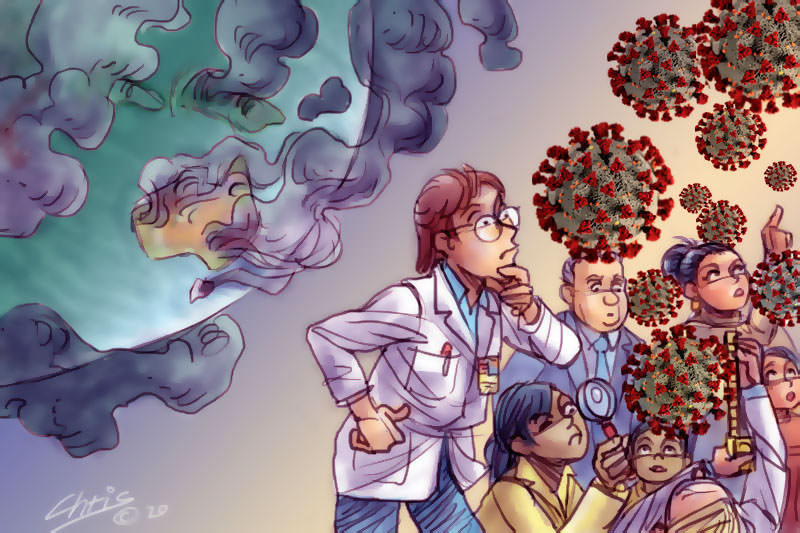
ENVIRONMENT
- Marnie Vinall
- 12 November 2020
4 Comments
Since the pandemic started to show its teeth on our shores in March, there’s been a trend to wave away any other matter other than COVID-19 with an examination of, ‘Just one crisis at a time — we’ll get to climate change after we’ve got the economy back on its feet.’ The only problem is we don’t have the luxury as a nation to solely focus on one crisis at a time.
READ MORE 
-
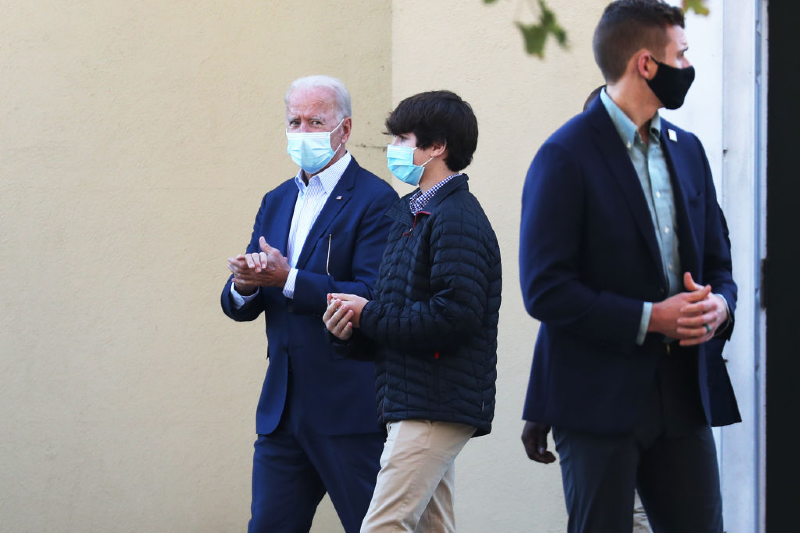
RELIGION
- Robert Christian
- 12 November 2020
31 Comments
Now the question is: will the Republican Party revert back to its pre-Trump days, continue down the path of Trumpian populism, or seek an alternative to both? No matter which path is pursued, American Catholics will likely play a key role in shaping the party’s future direction.
READ MORE 
-
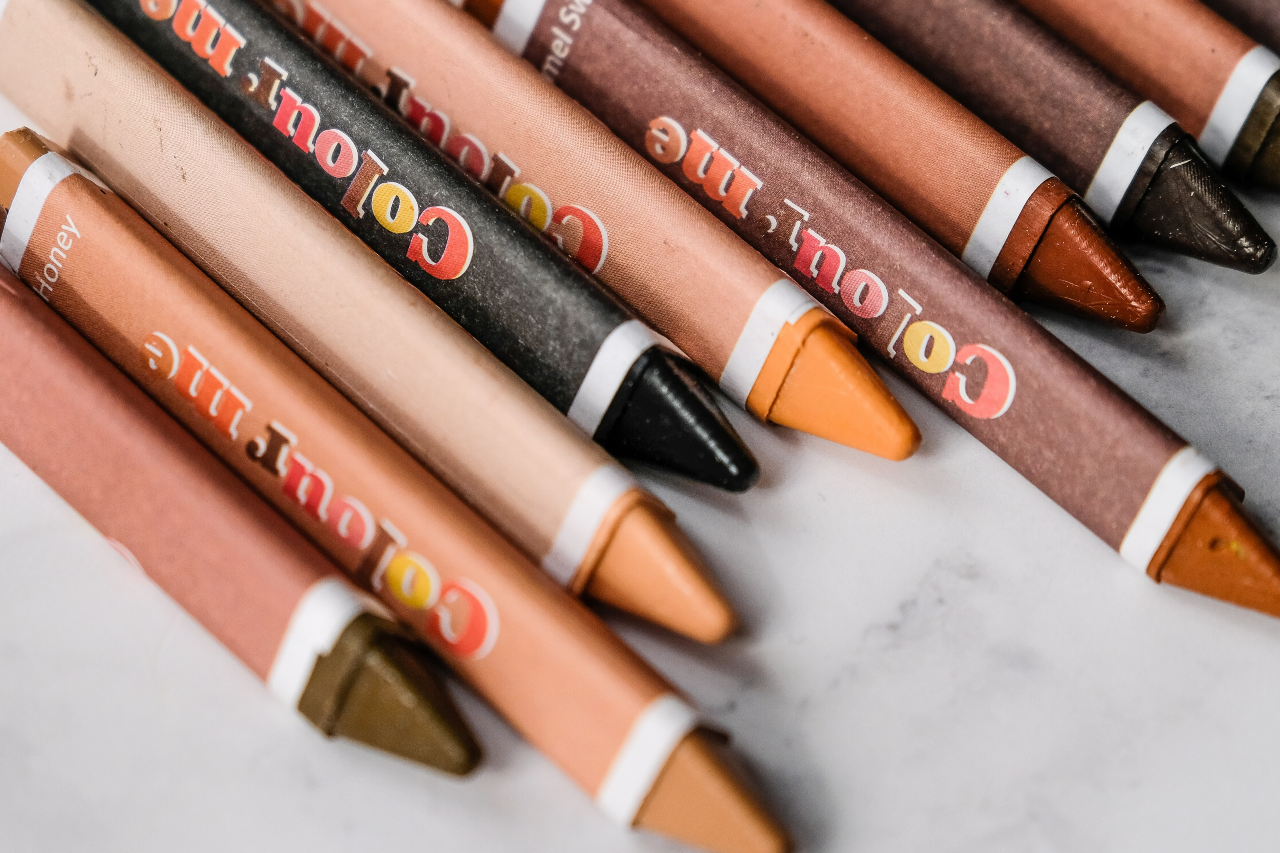
ARTS AND CULTURE
- Seetha Nambiar Dodd
- 20 October 2020
3 Comments
The story of colourism has roots that go back many generations; it has trickled relentlessly through time and is still evident in many ways today. In many countries with a colonial history, light skin was perceived, for a long time, as belonging to the upper classes, constituting power and wealth.
READ MORE 
-

ECONOMICS
- David James
- 20 October 2020
3 Comments
The global economy was already teetering on the edge of such a debt crisis before the coronavirus hit. The economic shutdowns have accelerated the damage.
READ MORE 
-
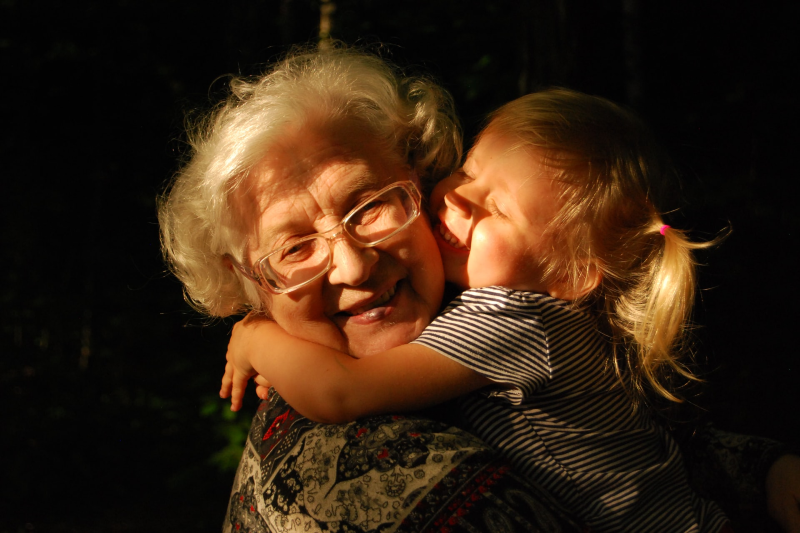
AUSTRALIA
- Andrew Hamilton
- 01 October 2020
7 Comments
The response to COVID has invited reflection about the relative value of one human death (and so of one human life) as compared with another. This is a radical question because it makes us ask whether the value of a human life is defined by economic wellbeing and by potential contribution to the economy, or by deeper qualities.
READ MORE 
-

ENVIRONMENT
- Various
- 18 September 2020
3 Comments
The pandemic has afforded us a preview of how a crisis plays out when the science is not properly heeded. The overwhelming majority of climate scientists have long been sounding the alarm that the health and safety of large parts of the population are at serious risk, both here and around the world. We are already seeing the damage to health and to the environment that they predicted.
READ MORE 
-
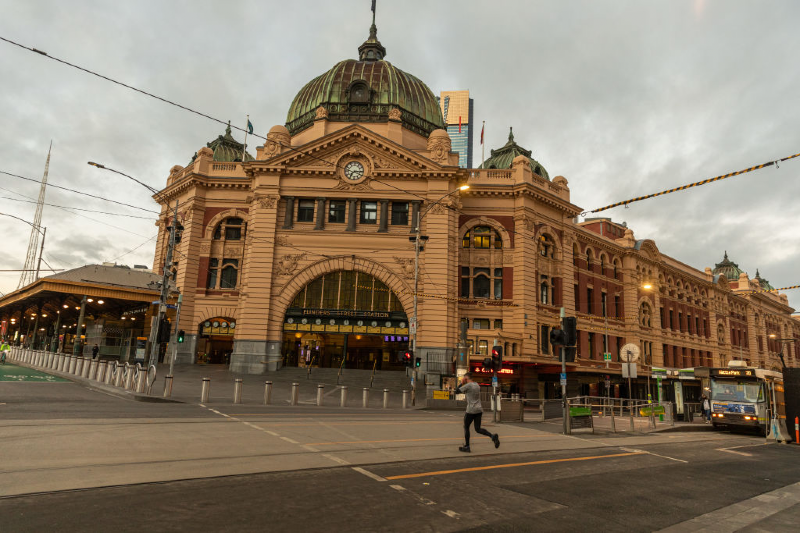
AUSTRALIA
- Justin Glyn
- 25 August 2020
7 Comments
The pandemic has lit up the areas in which our neoliberal economies are basically unfit for the purpose of providing healthy and safe environments — whether it be privatised aged care homes and quarantine services or ‘the gig economy’, which forces sick people to ‘soldier on’ infecting people as they go. One area that has been rather less considered, however, is disability.
READ MORE 
-
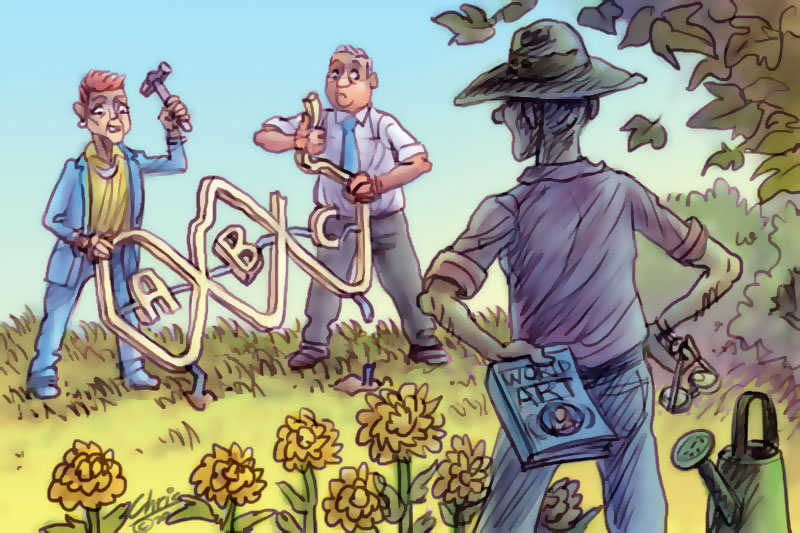
ARTS AND CULTURE
- Brian Matthews
- 04 August 2020
19 Comments
Our neighbor Sam is in his mid-seventies. He takes things quietly, enjoys a chat where our two gardens converge at a corner of the lambing paddock that unfolds beyond our shared wire fence and, regularly in summer, Sam is partial to a few cooling drinks.
READ MORE 
-
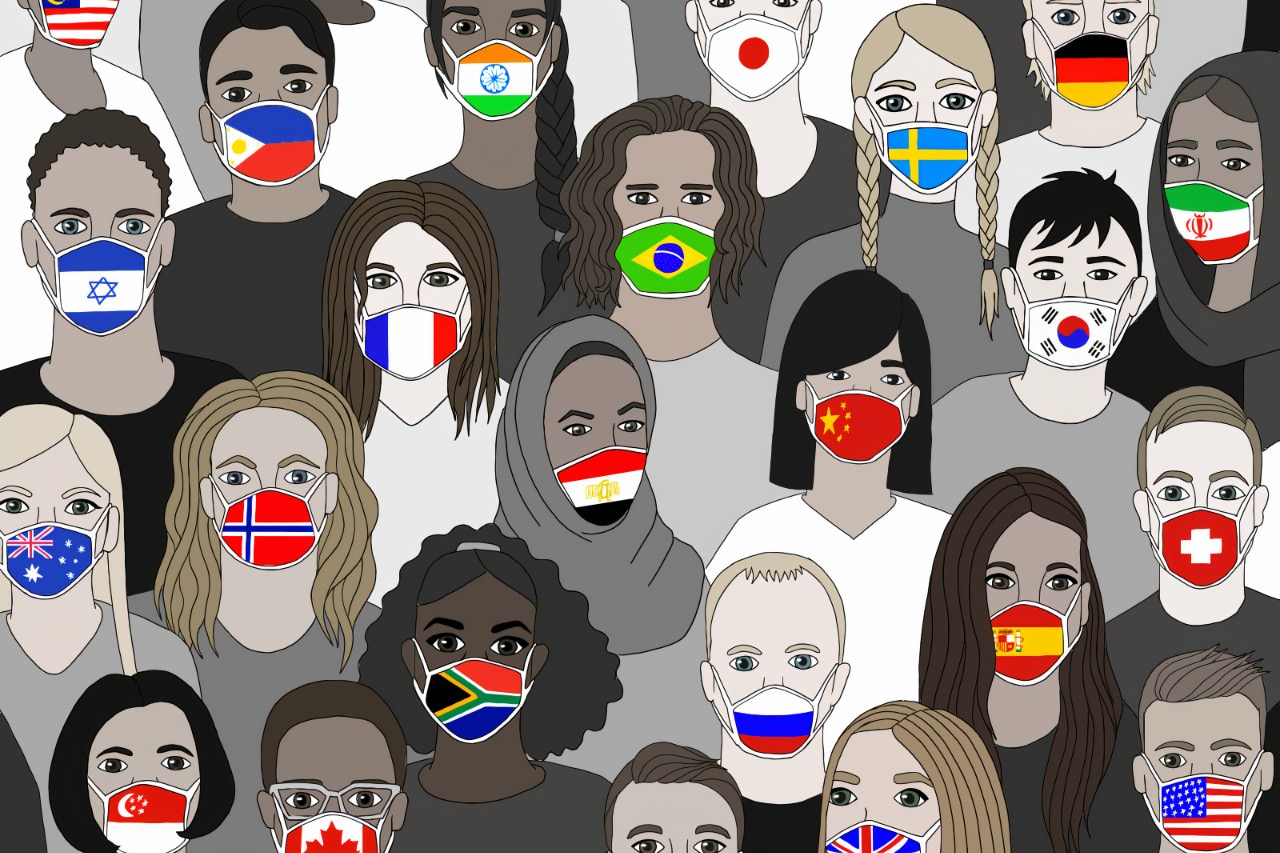
ECONOMICS
A commonly heard phrase, or rather media cliché, is that after the COVID-19 crisis ‘things will never be the same.’ It is an understandable sentiment, given the seemingly unprecedented nature of recent events. But how novel is what happened, and how much will actually change?
READ MORE 
-
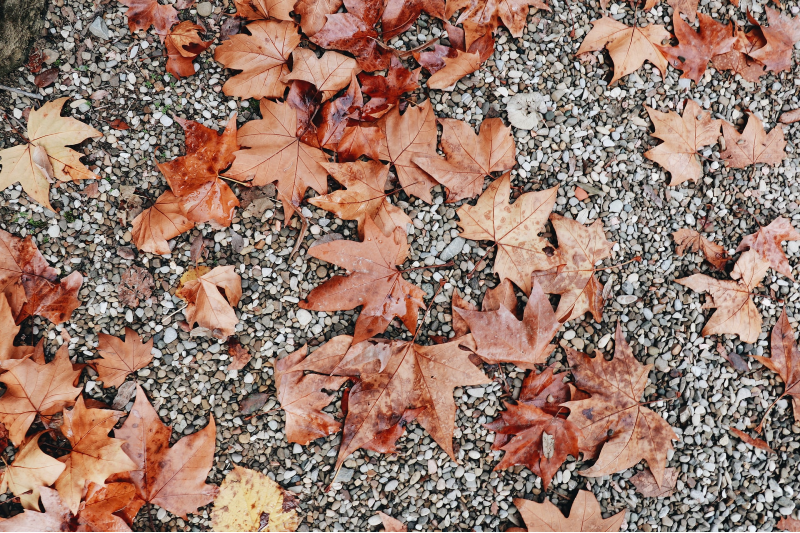
ARTS AND CULTURE
Moment by moment the numbers are rising, tables of the infected and the dead on websites updated every five minutes, the relentless clicking over of lives, like so many fallen leaves in this country.
READ MORE 
-

AUSTRALIA
- Daniel Sleiman
- 02 June 2020
19 Comments
Will former Governor General John Kerr's correspondence with the Queen shed light on what really happened in 1975? It may very well, and historians like Jenny Hocking were willing to challenge the National Archives of Australia's refusal to access such records in High Court.
READ MORE 
-
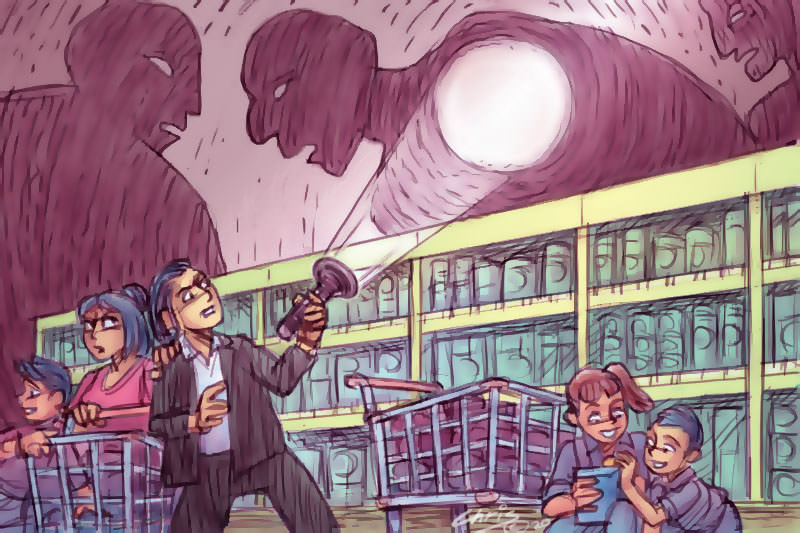
AUSTRALIA
At the fringes of the legal system, there are areas of work you probably won’t read about in law school career guides. Many of these deal in trauma or poverty. They are substantial, but they aren’t celebrated or pursued by the mainstream of the profession. They generally attract neither money nor prestige, and in many cases the ‘market’ fails to provide paid jobs of any sort, irrespective of need.
READ MORE 